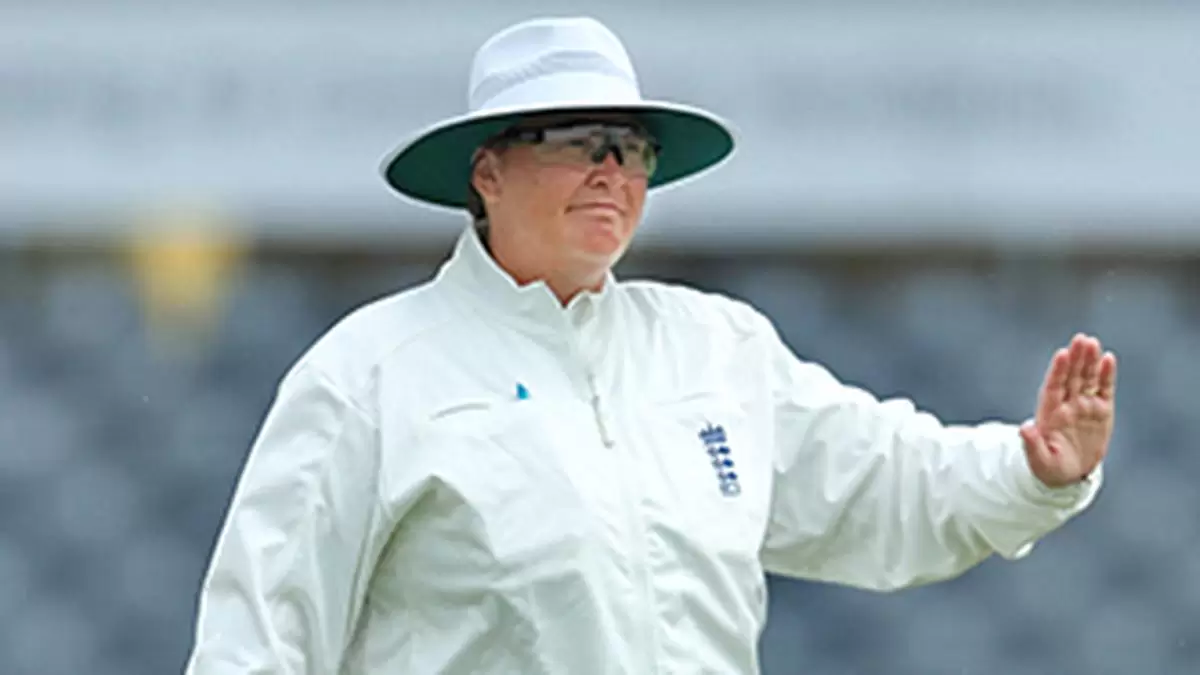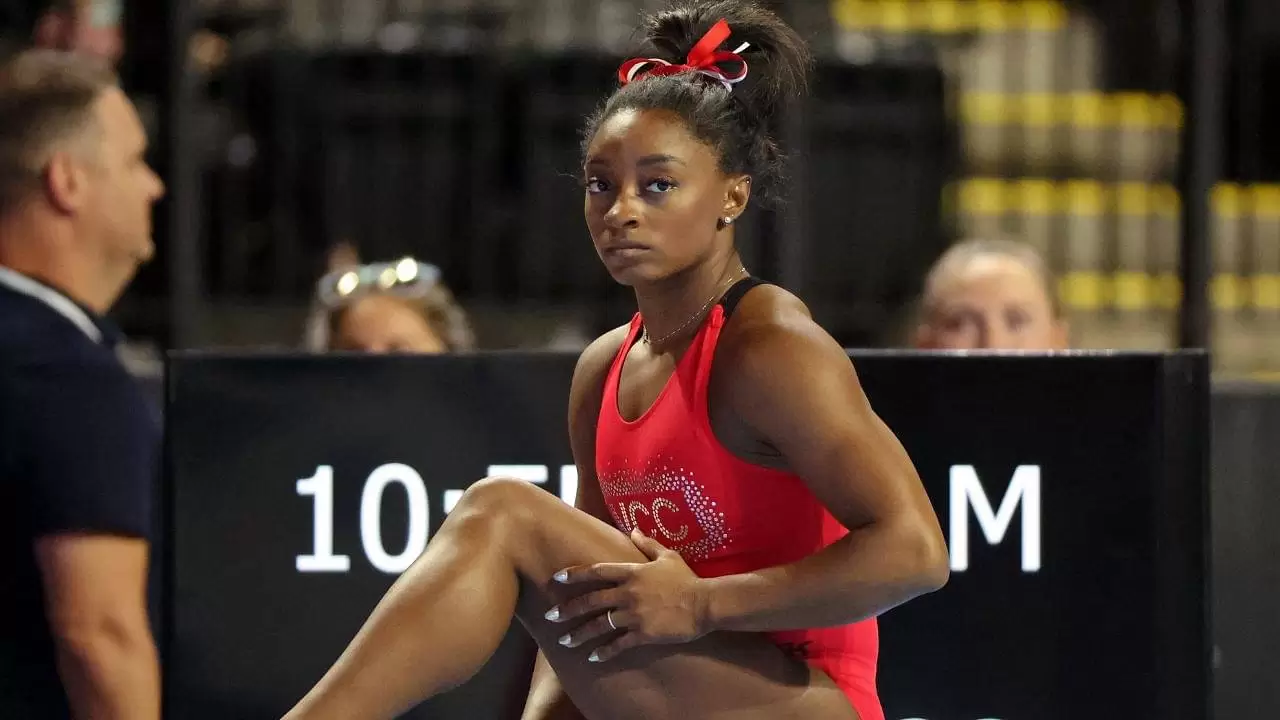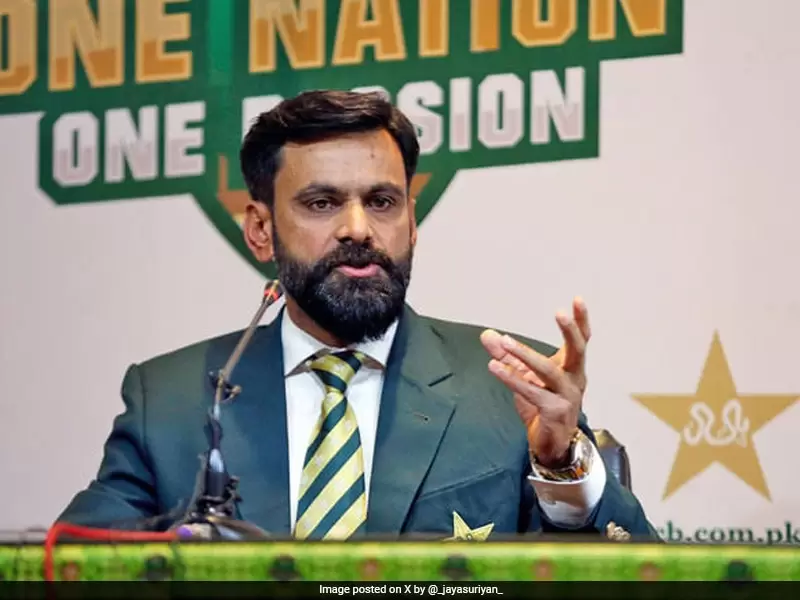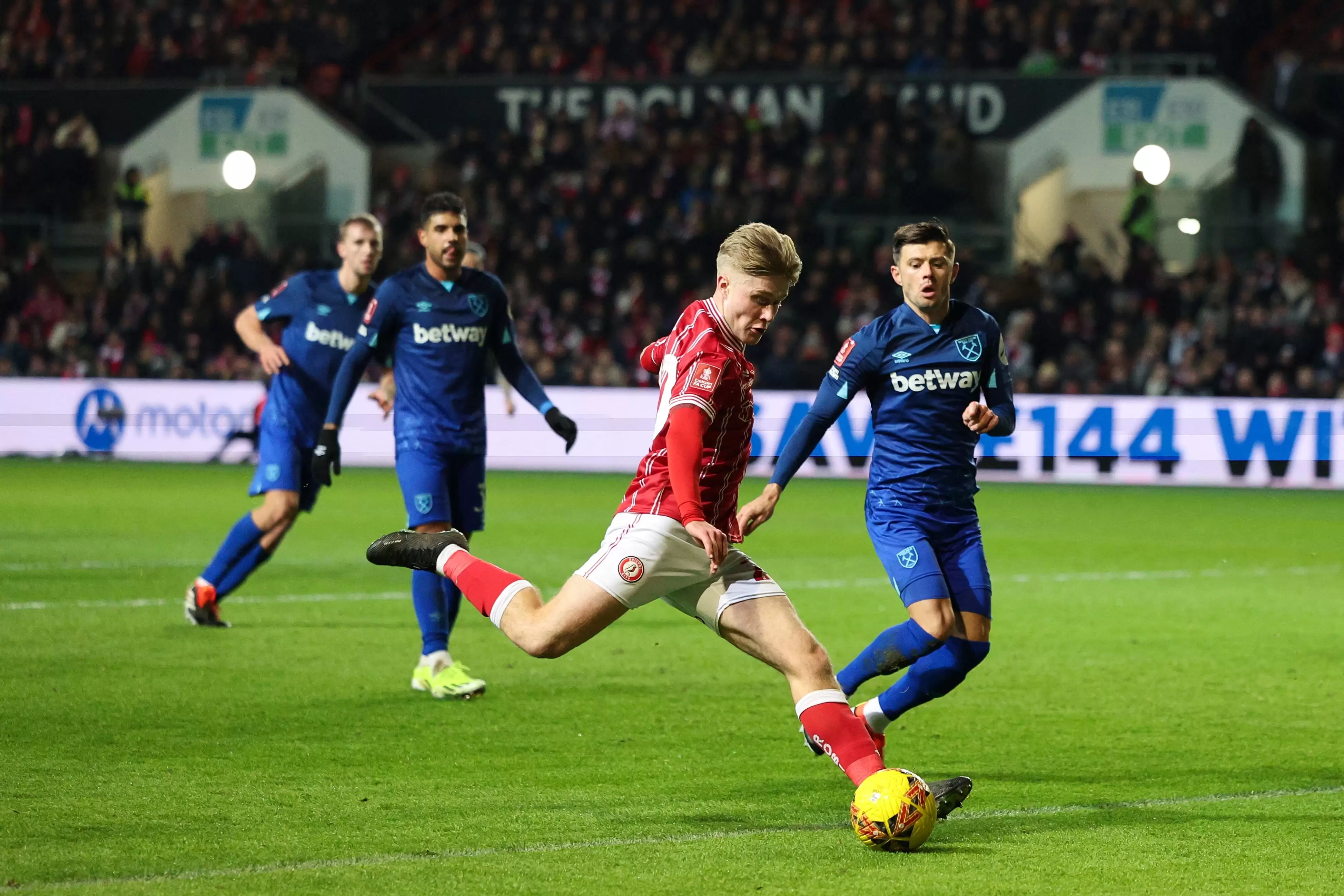‘Paranoia’ by Hemant Divate captures the visceral fear and disquiet of a Mumbai on edge
Share- Nishadil
- January 17, 2024
- 0 Comments
- 4 minutes read
- 166 Views
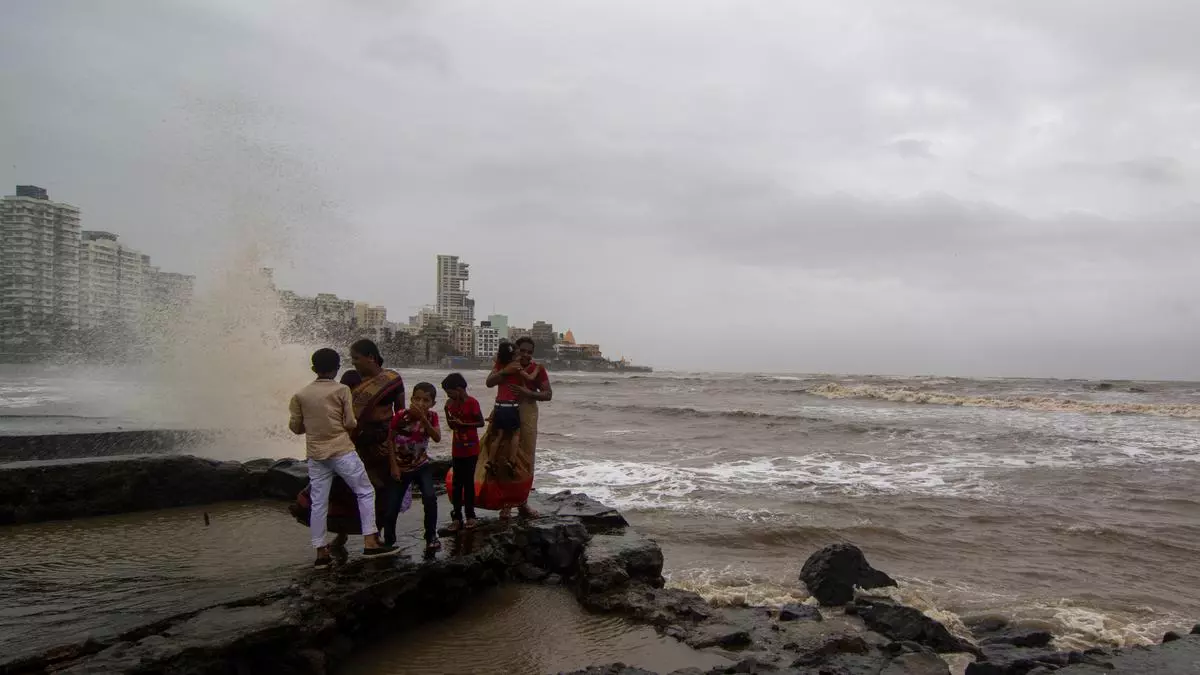
‘Paranoia’ by Hemant Divate captures the visceral fear and disquiet of a Mumbai on edge
The poems, rendered in the Mumbaiyya tongue, become a refuge from hate and a celebration of the everyday.
Hemant Divate’s poetry is born of suffocation, with the word and the world. It comes from a pain borne with patience. Like his previous collections, his latest book, (originally in Marathi, published under the same name), conveys a disquiet that goes beyond ennui, fear and angst. Paranoia is a state of being, in a collective sphere where existence hangs by a thread.
When a riot breaks out, things go helter skelter. Divate is quick to catch the moment in the title poem, when he writes, as everyone beats a hasty retreat, running frantically for their lives. Mustansir Dalvi’s translation makes Divate’s verse come alive in English. Paranoia conveys dread and disquiet, which are the feelings of the person who suddenly finds himself in a hate filled atmosphere.
Divate wonders, The feeling of hate is visceral, like a . The rioters are a mob of man eaters, , heedless of the . Cover of Paranoia | Photo Credit: By special arrangement In an essay titled “After Modernism: Marathi Poetry of the 80s and 90s”, the Marathi critic, Chandrashekhar Jahagirdar, had remarked that contemporary Marathi poetry was facing a “general sense of disorientation” because of its break with modernism, the saint poetry tradition as well as folk tradition.
Divate’s best work comes from this ideological vacuum, which is accentuated by encounters with a globalised market and a palpable sense of dread stemming from increasing hatred on the streets. He stays clear of purists and finds in the language of the street the “alternative expressive mode” that characterises contemporary Marathi poets, in Jahagirdar’s analysis.
For all their violent imagery, these poems are also looking for respite and succour. Even while hanging between life and death, Divate’s protagonist pauses for the vadapaowala to finish his task: for . There are other split seconds of surprise. In a moment of epiphany, which he has not found in all the philosophical and religious texts he has read, the poet discovers that the purpose of a flower is to .
Critics have described Divate as a chronicler of Mumbai, in the manner of great prose stylists such as Vikram Chandra and Suketu Mehta. In his recourse to prose for poetry, one is reminded of the Chilean poet physicist Nicanor Parra, whose genre of “anti poetry” eschews all lyrical flourishes. Incidentally, Divate studied Physics too.
But the parallels end there. “For all their violent imagery, these poems are also looking for respite and succour.” Divate explores the lyrical as a way out of a depleting ethical universe, to escape the clutches of the market as well as of the peddlers of hate. His best lines are in the lyric mode, in a poem about his mother, who is afraid that the waters in the house would run dry.
He writes, . For Divate, facts are the stuff of poetry and poetry is a fact. There is no linguistic ornament for its own sake. He prefers the familiar tongue of the street, replete with expletives. Language is turned on its head in a way reminiscent of the Marathi Dalit poets. This too is a folk idiom, something that Arun Kolatkar and Dilip Chitre had recognised in the previous century.
The colloquialisms are retained playfully by Dalvi, who sprinkles the translation with words and phrases like “ ”, “ ” or “ . This marks an interesting turn in translation in a post colonial pluriverse, where bits of the original serve to make the point better. Hemant Divate deserves to be taken seriously in Marathi as well as in translation.
He can convey fear and turmoil in a contemporary Mumbaiyya tongue, which lends it immediacy. It is in the easy capture of the moment of dread, quickly spiralling into an existential crisis, that Divate’s craft lies. , Vital Signs River Wedding, COMMents.
Disclaimer: This article was generated in part using artificial intelligence and may contain errors or omissions. The content is provided for informational purposes only and does not constitute professional advice. We makes no representations or warranties regarding its accuracy, completeness, or reliability. Readers are advised to verify the information independently before relying on

